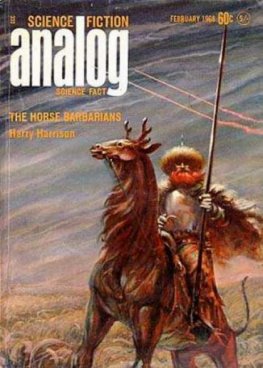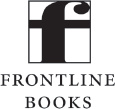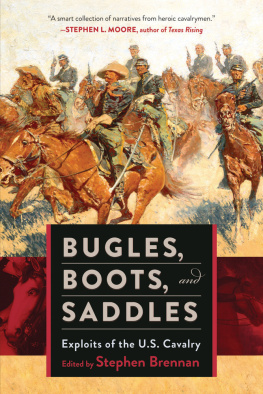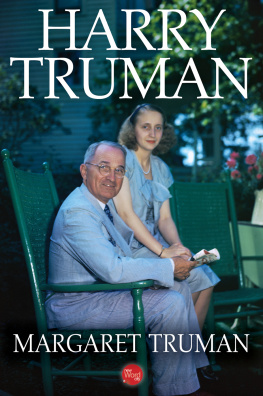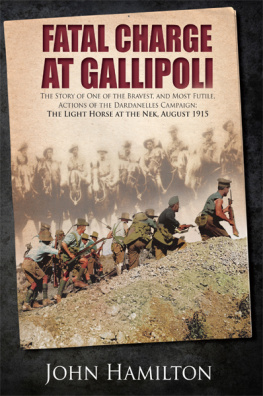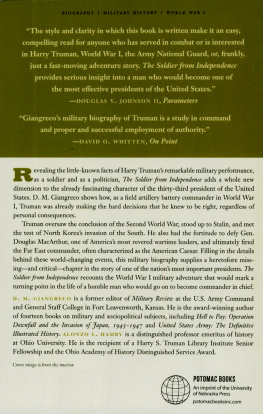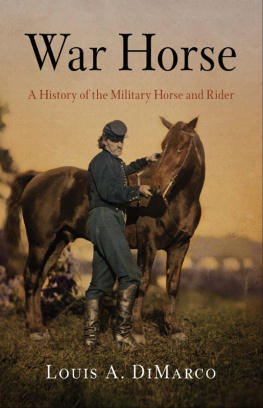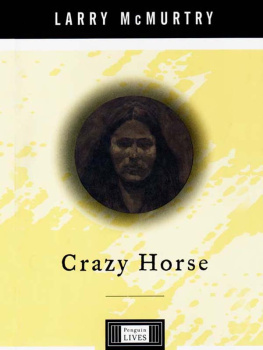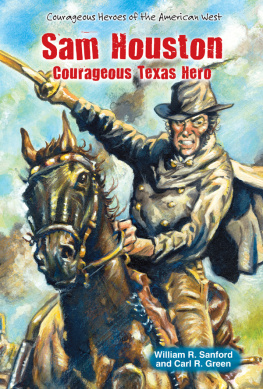Praise for
LIGHT-HORSE HARRY LEE
Light-Horse Harry blazes across the pages of Ryan Coles narrative like a meteorand his final crash is as destructive. Cole tells his story with care, sympathy, and where necessary, sternness. This book is a great and sometimes harrowing read.
RICHARD BROOKHISER , senior editor at National Review and author of Founding Father: Rediscovering George Washington, Alexander Hamilton, American , and John Marshall: The Man Who Made the Supreme Court
Only a handful of American history buffs are likely to know the name of Light-Horse Harry Lee, except perhaps as the father of Confederate general-in-chief Robert E. Lee. But that state of affairs is about to change, thanks to Ryan Coles spellbindingly written account of this colorful but forgotten American. Here was a man worth knowing. Lee was a bold and often reckless character whose tragic life ended up tracing the distance between valiant Revolutionary service under George Washington and the depths of bankruptcy, debtors prison, and a painful end. Cole captures it all in admirably lapidary prose, in the process bringing to life the vanished world of the early American republic, a world of both opportunity and peril.
WILFRED M. MCCLAY , G.T. and Libby Blankenship Chair in the History of Liberty, University of Oklahoma
Boasting the narrative verve of a novel in concert with deep research and skilled analysis, this page-turning biography brings Robert E. Lees father vividly back to life. Light Horse Harrybrave, patriotic, outspoken, reckless, hot-headed, and selfish all at the same timedeserves his long-denied share of glory for the nations founding, and he gets it here, along with an honest account of his countless faults. Long overshadowed by his more renowned and far more reticent son, the original General Lee emerges from this book if not first in war and first in peace, at least deservedly restored to the pantheon his later indiscretions denied him.
HAROLD HOLZER , author, co-author, or editor of more than fifty books; the Jonathan F. Fanton Director of Hunter Colleges Roosevelt House Public Policy Institute; and winner of the 2015 Lincoln Prize
Ryan Coles new biography of Henry Leethe daredevil cavalry master of the American Revolution and the father of Robert E. Leeprovides us with a portrait nearly as headlong and fast-paced as Light-Horse Harry himself. Lee was the George Custer of the Revolution, and like that ill-fated general, his life blazed in a heroic beginning, but spluttered to an agonizingly sad and tragic ending. Never was the American nation more slowly wise or meanly just than to the man who immortalized Washington as first in war, first in peace, and first in the hearts of his countrymen; never did an American hero deserve better at Americas hands. Perhaps, in the hands of Ryan Cole, some of that justice can now be done.
ALLEN GUELZO , Henry R. Luce Professor of the Civil War Era, Director of Civil War Era Studies at Gettysburg College, and author of the bestselling Gettysburg: The Last Invasion
For my parents, to whom I will always owe everything.
PROLOGUE
THE WEST INDIES, 18131818
N o, not a word; what can a moments space profit a wretch like him to death devoted? Quick let him die & cast his carcass for the dogs and vultures; they will best perform fit obsequies for him; by this alone we can be free and happy.
The words were inscribed in a small mahogany-colored leather book; the hands that held and scribbled in it were tired and worn like the body they belonged to. The only other items its owner could claim were a battered old trunk and a drum of Madeira. The mans skin had tightened around his bones, and the clothes covering them were frayed and dangling from a body that bore little resemblance to the distinguished figure it had once been.
To those he passed, the man seemed little more than an aged vagabond.
But as he drifted among the Caribbean islands in search of health, running from his obligations, there were still men and women who enjoyed his charming conversation, who knew his name, even if they had trouble reconciling it with his now withered form. Yes, this was the famed warrior who had once been a counselor to presidents, who had basked in the admiration of great governing bodies and legendary generals. His bravery had won a people their freedom; his once golden voice had played a crucial role in their earliest political debates; his eloquent prose had comforted them in a time of great grief.
But bad judgment had brought on poverty and political isolation. Unpopular opinions had ignited the fury of his countrymen, whose knives and fists had lacerated his body. Disease was slowly eroding his being; fate and a flaw in his nature were conspiring in the pitiful final act of his lifes drama.
Across an ocean, a wife and children wondered about the fate of this drifter. The only love he could show them was in rambling letters and little curios picked up as he limped along white beaches and sailed on turquoise water: the backbone of a shark, a lone pearl found in Bermuda, a few pieces of Irish linen.
There were those who took pity on him, who fed him, nursed him, and gave him money and shelter, with no compensation other than his perfervid gratitude. There were government functionaries who helped him, and captains of frigates who gave him passage.
But he was alone, this little book his only confidant. Scrawled across its pages in disordered writing that slipped between English and Latin, French and Spanish, were a lifetime of thoughts, opinions, learning and scholarly observations on history, ancient and recent. There were fragments from Sophocles, quotes from Cicero, recollections of the reigns of Persian emperors and Russian czars, distillations of the wisdom of ancient Asian and Arab prophets and the early followers of Christ. There were passing reflections on American politics and worshipful references to the man who had stood atop them like a colossus, his friend and hero, the great and good George Washington.
Incongruously, items such as a recipe for ginger-infused meadthe only drink his sickly constitution could tolerateinterrupted. So did spiteful observations on unfulfilled financial promises, baffling details of business transactions, constant mentions of illness and pain. He wrote of the divine importance of virtue, the harmony of harmoniesperhaps an admission that his own life had not always been so virtuous or harmonious. And there were lofty hopes expressed for sons, including one named Robert, whom he hardly knew and would never set eyes upon again.
It was the dark record of a once renowned but now miserable man, his tragic life nearing its terrible conclusion.
FREESTONE POINT
I t was an auspicious spot from which to go out into the world.
The house no longer stands; only a few brittle foundation stones remain, offering the faintest clues to its appearance. The manicured garden is gone, but the daylilies and daffodils still bloom in spring. Farmland that sloped down to the water is now forest. Family fisheries that lined the shore have been washed away, along with much of the sandy beach that curved across the land.
Visitors can still make their way up the craggy hills to a jutting piece of land called Freestone Point, thougha cliff named for the porous locally quarried rock, standing high on the propertys eastern edge. There, on a clear day, it is not difficult to imagine the boy galloping his charger up the hill to take in the commanding view. From its crest he could watch the Potomac River wind its way into the horizon. The history of his family followed its path.
Next page

